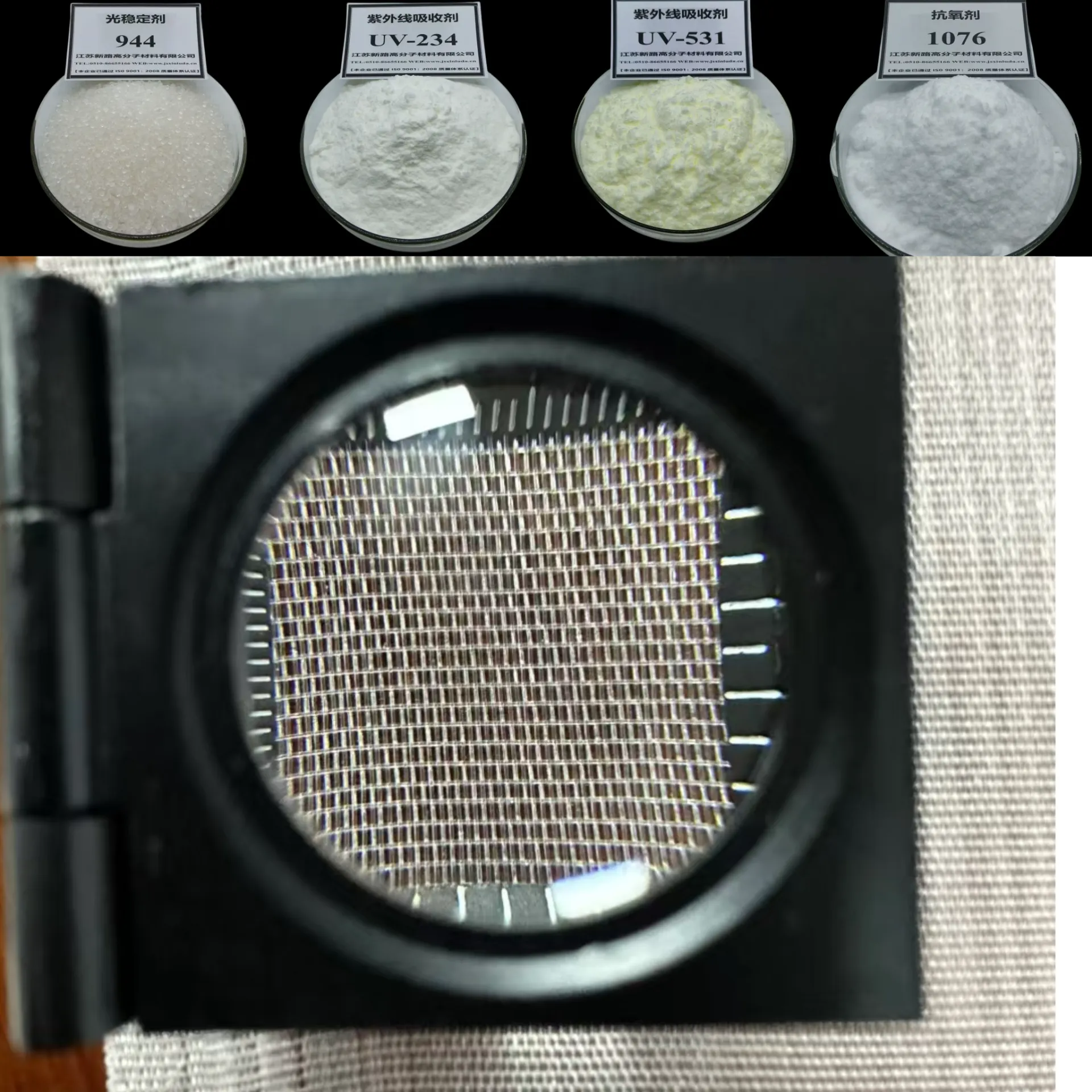-
 Afrikaans
Afrikaans -
 Albanian
Albanian -
 Amharic
Amharic -
 Arabic
Arabic -
 Armenian
Armenian -
 Azerbaijani
Azerbaijani -
 Basque
Basque -
 Belarusian
Belarusian -
 Bengali
Bengali -
 Bosnian
Bosnian -
 Bulgarian
Bulgarian -
 Catalan
Catalan -
 Cebuano
Cebuano -
 China
China -
 Corsican
Corsican -
 Croatian
Croatian -
 Czech
Czech -
 Danish
Danish -
 Dutch
Dutch -
 English
English -
 Esperanto
Esperanto -
 Estonian
Estonian -
 Finnish
Finnish -
 French
French -
 Frisian
Frisian -
 Galician
Galician -
 Georgian
Georgian -
 German
German -
 Greek
Greek -
 Gujarati
Gujarati -
 Haitian Creole
Haitian Creole -
 hausa
hausa -
 hawaiian
hawaiian -
 Hebrew
Hebrew -
 Hindi
Hindi -
 Miao
Miao -
 Hungarian
Hungarian -
 Icelandic
Icelandic -
 igbo
igbo -
 Indonesian
Indonesian -
 irish
irish -
 Italian
Italian -
 Japanese
Japanese -
 Javanese
Javanese -
 Kannada
Kannada -
 kazakh
kazakh -
 Khmer
Khmer -
 Rwandese
Rwandese -
 Korean
Korean -
 Kurdish
Kurdish -
 Kyrgyz
Kyrgyz -
 Lao
Lao -
 Latin
Latin -
 Latvian
Latvian -
 Lithuanian
Lithuanian -
 Luxembourgish
Luxembourgish -
 Macedonian
Macedonian -
 Malgashi
Malgashi -
 Malay
Malay -
 Malayalam
Malayalam -
 Maltese
Maltese -
 Maori
Maori -
 Marathi
Marathi -
 Mongolian
Mongolian -
 Myanmar
Myanmar -
 Nepali
Nepali -
 Norwegian
Norwegian -
 Norwegian
Norwegian -
 Occitan
Occitan -
 Pashto
Pashto -
 Persian
Persian -
 Polish
Polish -
 Portuguese
Portuguese -
 Punjabi
Punjabi -
 Romanian
Romanian -
 Russian
Russian -
 Samoan
Samoan -
 Scottish Gaelic
Scottish Gaelic -
 Serbian
Serbian -
 Sesotho
Sesotho -
 Shona
Shona -
 Sindhi
Sindhi -
 Sinhala
Sinhala -
 Slovak
Slovak -
 Slovenian
Slovenian -
 Somali
Somali -
 Spanish
Spanish -
 Sundanese
Sundanese -
 Swahili
Swahili -
 Swedish
Swedish -
 Tagalog
Tagalog -
 Tajik
Tajik -
 Tamil
Tamil -
 Tatar
Tatar -
 Telugu
Telugu -
 Thai
Thai -
 Turkish
Turkish -
 Turkmen
Turkmen -
 Ukrainian
Ukrainian -
 Urdu
Urdu -
 Uighur
Uighur -
 Uzbek
Uzbek -
 Vietnamese
Vietnamese -
 Welsh
Welsh -
 Bantu
Bantu -
 Yiddish
Yiddish -
 Yoruba
Yoruba -
 Zulu
Zulu
Jan . 09, 2025 11:12
Back to list
Enhance Your Farm with Expert Agricultural Netting Solutions
Agricultural netting has emerged as a vital tool for modern farming, addressing challenges that traditional agriculture techniques have not been able to resolve. As a seasoned expert in agricultural equipment, I have extensive experience with various types of netting, having witnessed their invaluable contribution to revolutionizing practices and enhancing yields.
Moreover, agricultural netting is instrumental in reducing water consumption. With climate change exacerbating drought conditions globally, the importance of water conservation cannot be overstated. Netting helps to retain soil moisture and reduces evaporation, which, in turn, lowers irrigation requirements. This characteristic aligns seamlessly with the goals of sustainable development and resource management. Several farm collectives I’ve worked with adopted netting solutions, subsequently reporting a 20-25% decrease in water usage, thus underlining the environmental and cost-saving benefits. All these benefits reinforce the notion of agricultural netting as an authoritative solution to some of the most pressing challenges faced by the agricultural sector. A critical factor for success lies in selecting the appropriate type and quality of netting material, tailored to specific crop needs and environmental conditions. Having advised a myriad of farms, I recommend considering factors such as mesh size, material composition, and UV resistance for optimal results. Increased competition in global markets necessitates farmers to adopt methodologies that ensure product quality without compromise. Agricultural netting stands as a trustworthy ally in achieving this objective. Not only does it afford protection and promote sustainability, but it also mitigates risks associated with unpredictable environmental forces. Farmers are increasingly leaning on the use of netting to sustain and improve productivity, positioning agricultural netting as an authoritative component within the evolving landscape of modern agriculture. Through continued innovation and application rooted in expertise, netting is set to enhance its status as an indispensable tool, fostering a resilient, productive, and environmentally conscious agricultural framework.


Moreover, agricultural netting is instrumental in reducing water consumption. With climate change exacerbating drought conditions globally, the importance of water conservation cannot be overstated. Netting helps to retain soil moisture and reduces evaporation, which, in turn, lowers irrigation requirements. This characteristic aligns seamlessly with the goals of sustainable development and resource management. Several farm collectives I’ve worked with adopted netting solutions, subsequently reporting a 20-25% decrease in water usage, thus underlining the environmental and cost-saving benefits. All these benefits reinforce the notion of agricultural netting as an authoritative solution to some of the most pressing challenges faced by the agricultural sector. A critical factor for success lies in selecting the appropriate type and quality of netting material, tailored to specific crop needs and environmental conditions. Having advised a myriad of farms, I recommend considering factors such as mesh size, material composition, and UV resistance for optimal results. Increased competition in global markets necessitates farmers to adopt methodologies that ensure product quality without compromise. Agricultural netting stands as a trustworthy ally in achieving this objective. Not only does it afford protection and promote sustainability, but it also mitigates risks associated with unpredictable environmental forces. Farmers are increasingly leaning on the use of netting to sustain and improve productivity, positioning agricultural netting as an authoritative component within the evolving landscape of modern agriculture. Through continued innovation and application rooted in expertise, netting is set to enhance its status as an indispensable tool, fostering a resilient, productive, and environmentally conscious agricultural framework.
Latest news
-
Shipping Plastic Bags for Every NeedNewsJul.24,2025
-
Safety Netting: Your Shield in ConstructionNewsJul.24,2025
-
Plastic Mesh Netting for Everyday UseNewsJul.24,2025
-
Nylon Netting for Every UseNewsJul.24,2025
-
Mesh Breeder Box for Fish TanksNewsJul.24,2025
-
Expanded Steel Mesh Offers Durable VersatilityNewsJul.24,2025











